

A Game of Synonyms
'A premium copy,' 'an AAA+ replica,' and other tricks to push a fake



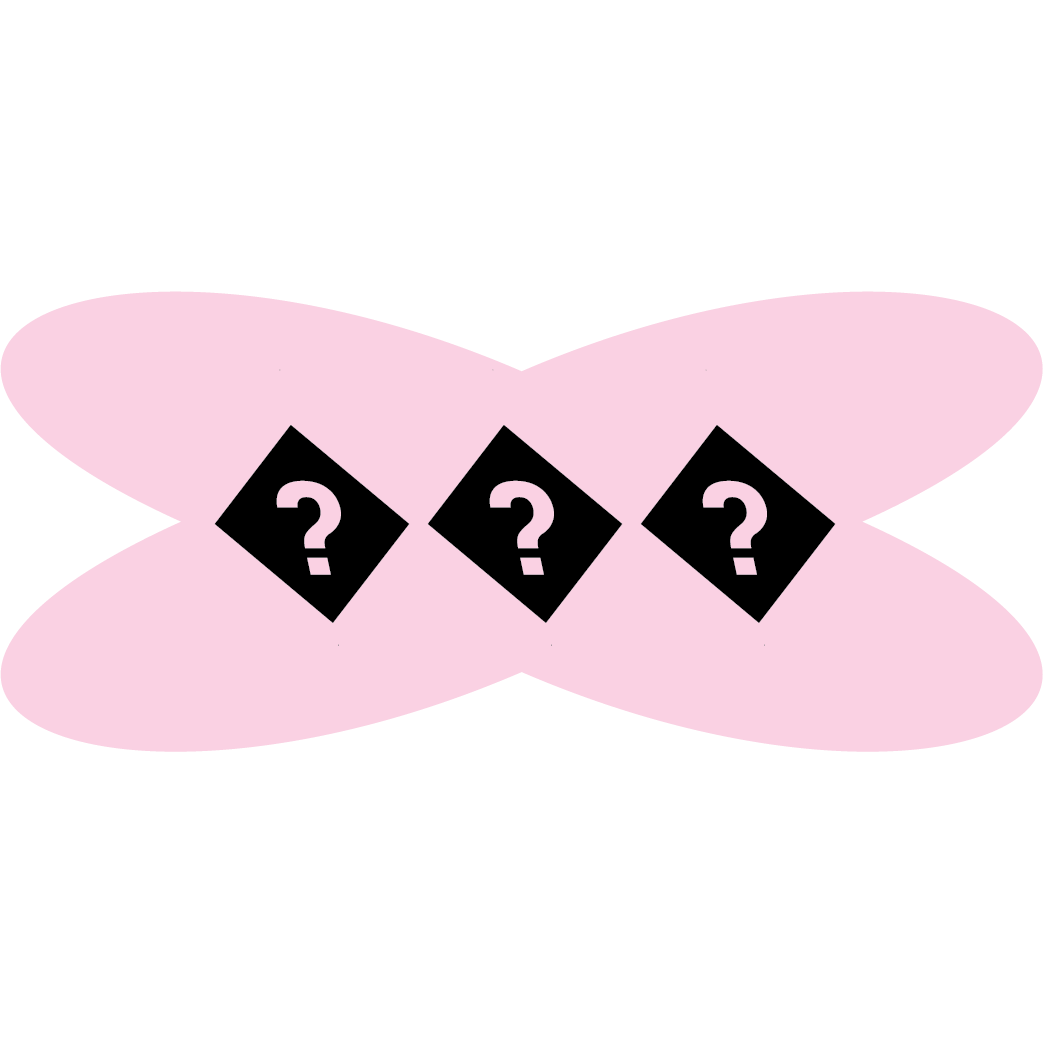


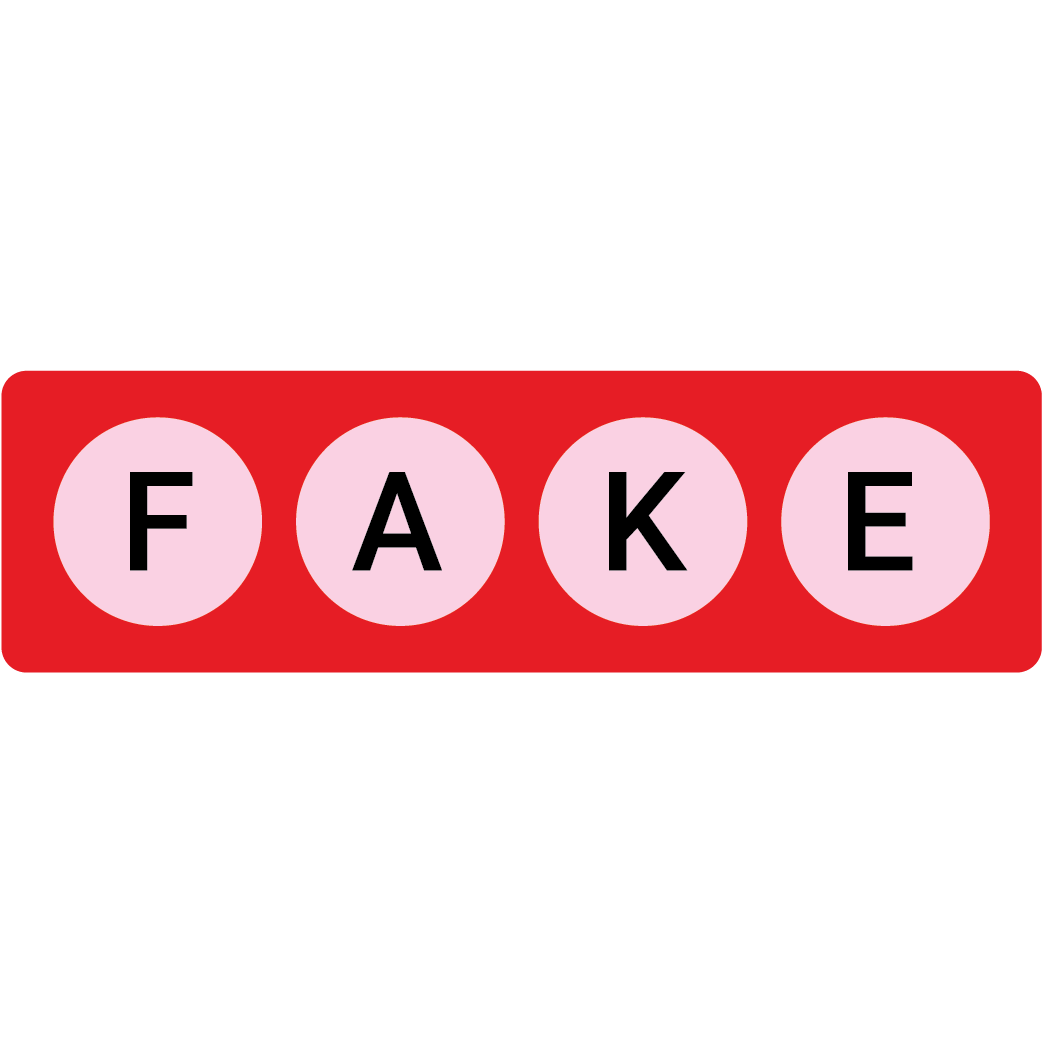


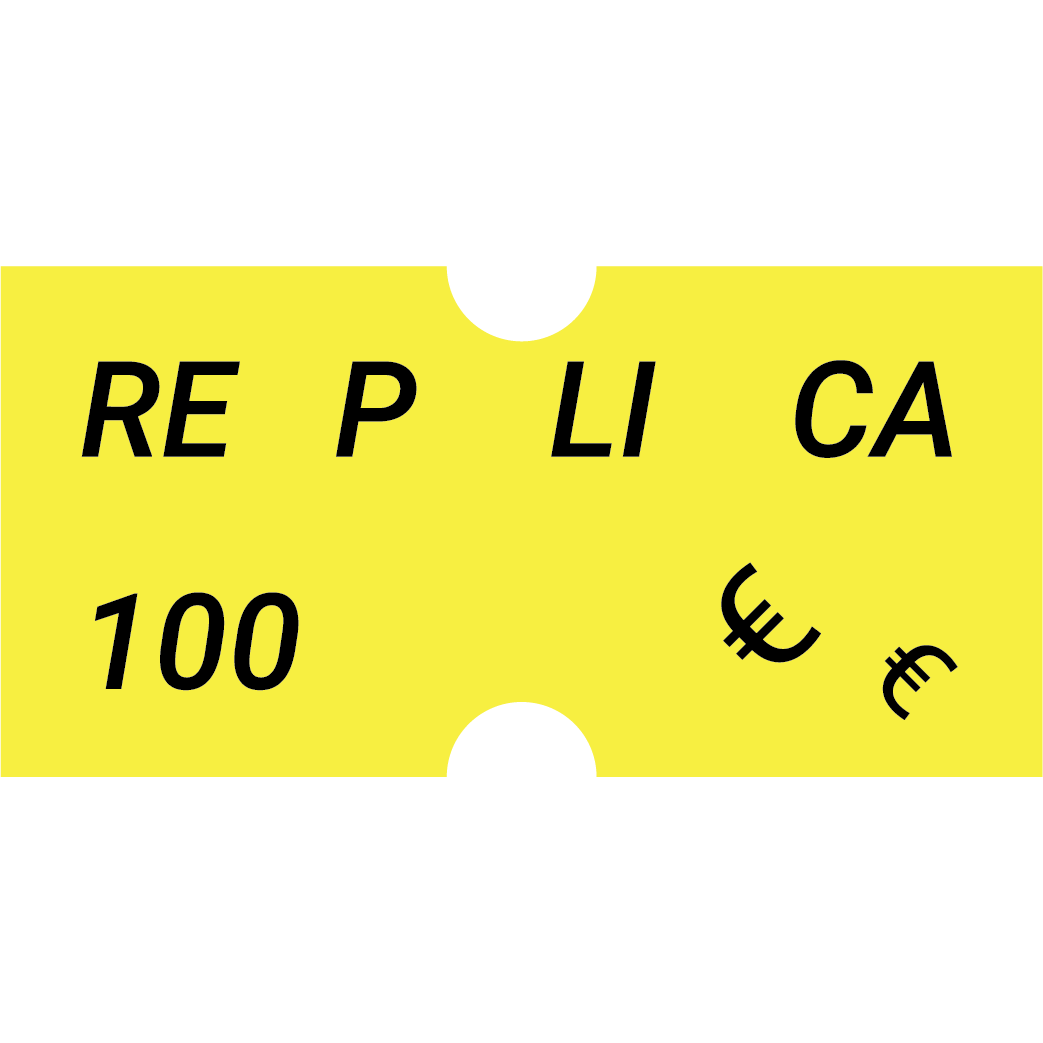
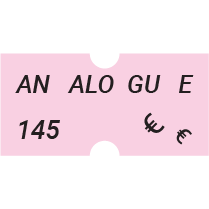











A Game of Synonyms
'A premium copy,' 'an AAA+ replica,' and other tricks to push a fake






















A Game of Synonyms
'A premium copy,' 'an AAA+ replica,' and other tricks to push a fake




















an equivalent | a fake | a replica | a knock-off | a premium copy | an equivalent | a fake | a replica | a knock-off | a premium copy |an equivalent | a fake | a replica | a knock-off | a premium copy |an equivalent | a fake | a replica | a knock-off | a premium copy |an equivalent | a fake | a replica | a knock-off | a premium copy |an equivalent | a fake | a replica | a knock-off | a premium copy |an equivalent | a fake | a replica | a knock-off | a premium copy |an equivalent | a fake | a replica | a knock-off | a premium copy |an equivalent | a fake | a replica | a knock-off | a premium copy |
Are consumers ready to consciously purchase fakes? If asked the same directly, most of them will likely say 'no,' shows a special survey by BrandMonitor.
However, the same survey revealed a dramatic change in the response once a single word has been replaced and the question asked about buying 'a replica' instead of 'a fake'. In this case most of the respondents said they were willing to buy such an item.
These results demonstrate that the consumer's perception of non-genuine goods is heavily influenced by the terminology used. The words 'counterfeit' and 'fake' are perceived to have a clear negative connotation, while 'a copy' and 'a replica' conjure up an image of something that is legal and of good quality.
These results demonstrate that the consumer's perception of non-genuine goods is heavily influenced by the terminology used. The words 'counterfeit' and 'fake' are perceived to have a clear negative connotation, while 'a copy' and 'a replica' conjure up an image of something that is legal and of good quality.

We live in a world determined by words

According to surveys by BrandMonitor, 69% of the participating sellers have no difficulty admitting to customers that their goods are not genuine. Only they tell them they sell 'copies', not 'fakes'.

One and the same phenomenon can have different names, each shaping often totally opposing views of it. For example, we normally refer to 'our men' as 'intelligence officers', while the other side are 'spies', even though they are doing the same job.

and their meanings.
. However, if you
tell a consumer that there are looking at a 'copy' or a 'replica,' they will be none the wiser. Based on the data garnered by BrandMonitor, it appears that over 40% of consumers believe that copies and replicas are quite legal, their quality is fine, and, consequently, their high price seems fair.
How one can dupe with words
1

69 per cent of surveyed sellers admit they sell inauthentic goods.
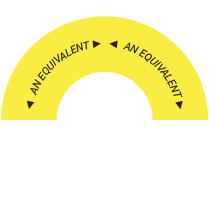
The rules of this game of synonyms are only too well known, and many sellers of counterfeit goods have excelled in playing it
.
BrandMonitor-initiated consumer surveys show that the words 'fake' and 'counterfeit' are associated with something illegal, of low-quality, and cheap. That is why dishonest sellers will never use those to describe their products
Question: "Do you think that goods defined by each of the following words are... ?"
A replica
A copy
A counterfeit
A fake
Illegal
Legal
19%
30%
81%
86%
49%
49%
6%
6%
A replica
A copy
A counterfeit
A fake
Low-quality
High-quality
25%
39%
66%
88%
40%
41%
17%
5%
1
2
A replica
A copy
A counterfeit
A fake
Cheap
Expensive
32%
52%
71%
82%
34%
28%
14%
8%
3
The data was obtained during a nation-wide survey in Russia. Respondents consisted of men and women aged 14 to 55, residing in cities with a population of 100,000+ and having made an online purchase in the past 12 months. Total sample size was 500 people.
[1]
[1]
For full or partial usage of the material a reference to media.brandmonitor.ru is obligatory. "A Game of Synonyms: 'A premium copy,' 'an AAA+ replica,' and other tricks to push a fake."
media.brandmonitor.ru


Expert fighters against counterfeits and unwitting buyers of fake goods continue to live in two different worlds. While it is clear for the former that, unless a product is genuine, it is a fake, with nothing in between, the latter seem a little hazy about it.
What consumers think
2
Of course, consumers are aware of fakes and counterfeits, but they get to read about them only occasionally, when the media covers yet another police
even upon close inspection. And these are the kind of goods that consumers spend hours examining at a store. When it comes to online marketplaces with fake watches and footwear, the share of mistakes goes up to 80%.


raid or inspection.
Because what they sometimes buy is a replica or a copy at worst, and the reports never mention such seizures by the police, consumers remain under the impression that they do not purchase fakes and are blameless.
Moreover, every shopper believes they can easily tell a fake from the genuine item. However, the surveys prove otherwise. In experiments conducted by BrandMonitor, 58% of surveyed parents could not distinguish authentic toys
from counterfeits,


Problem. In the war on counterfeit goods, average consumers may unwittingly take the side of counterfeiters. They get confused by the 'synonyms' such as 'replica' or 'copy.' These terms create in consumers expectations of a good quality item priced lower than the original. Sometimes sellers go even further and offer 'A-class replicas' and even 'AAA+ premium copies.' And while authentic brands and the government are combatting manufacturers and sellers of counterfeit goods, there is little or no effort to eliminate such semantic traps.
Solution. In addition to physical action like police raids of warehouses and showrooms, the fight against counterfeits on the field of terminology is long overdue.
Solution. In addition to physical action like police raids of warehouses and showrooms, the fight against counterfeits on the field of terminology is long overdue.
How brands should respond
3


and think twice
The surveys show how many consumers 'err,' duped by sellers of counterfeits who simply juggle terms to their own advantage. Such consumers carefully examine goods
That is why it is crucial to spare no effort in showing them that, just like there is no such thing as sturgeon 'of second freshness,' [1] there are no 'almost authentic' goods. No matter what the name, a fake is always an item produced
equipment from materials of unclear provenance and without adequate quality control. In addition, sellers of such goods rarely register the sale, produce receipts or pay refunds on returned faulty goods.
on uncertified
Consumers will only begin to associate copies and replicas with illegal goods and inferior quality when brands, state authorities and the media agree that 'counterfeits,' 'fake,' 'replica,' 'copy' and 'duplicate' are cognate terms with an unequivocally bad connotation.
before purchasing a suspected fake.
The same people, however, have nothing against 'replicas,' because, "well, it's a different matter."
Writer:
Designer:
Igor Subbotin
Anna Ilyina

